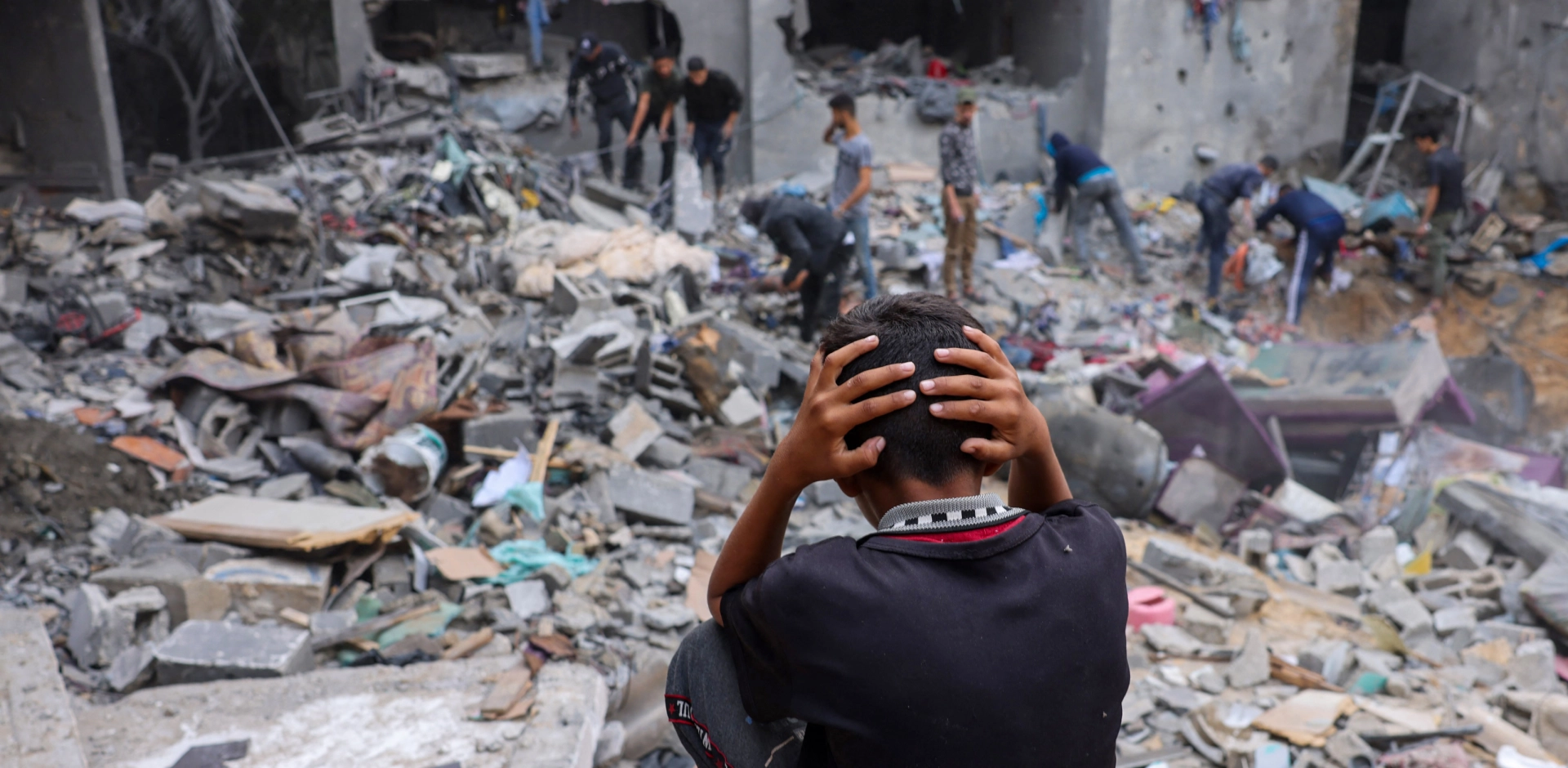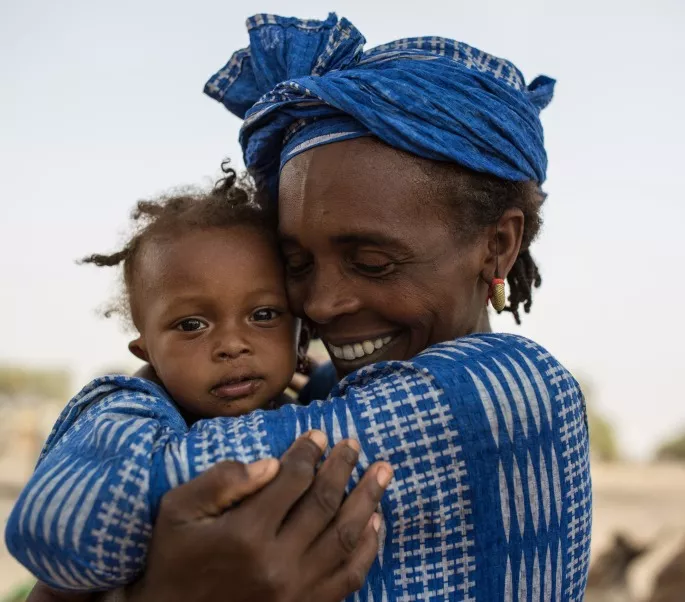I remember it like it was yesterday, sitting in a Grade 1 classroom, in a lovely dress waiting to play my favourite game…duck, duck, goose. Like any other 6-year-old in the 90s, this was one of my most anticipated times of day. Our teacher would play this game with us at the end of the day, right before dismissal. This game I looked forward to everyday however, took a deep, dark turn, something I would not understand until I was much older. A girl named Jenny would sit beside me in the circle, with a purpose, she would whisper ‘You’re a Paki’, or ‘Paki’ in my ear. I had no idea what it meant, but every time she whispered it into my ear, I felt my stomach twist into knots.
This happened time and time again, until one day I went to my parents and asked them what the term ‘Paki’ meant. My father had immigrated to Canada in 1973 and had his fair share of racist dealings in both his personal and professional life. He immediately said to me, ‘Beta (‘my child’), Paki means ‘pak’, it means you are pure and clean. You should take it as a compliment.’ My mother who had a look of concern, echoed what he was saying, and that was that. Jenny continued to use the slanderous term day in and day out.
As most immigrant parents during that time, my parents did not want to ‘rock the boat’ and cause any trouble at school. They taught us to respect our teachers and behave with the utmost of good mannerism with other students. They were very aware of the racism that existed in Canada, as they faced it immensely when they came to this country. My father was the top student in every university he attended, received the highest honour at each institution, and was awarded handsomely with the top scholarships in his field based on merit. He faced discrimination in school and work to an immense degree. There is so much pain in the ordeals my parents faced, however, they had become accustomed to the fact that this is the way things are and despite their frustrations, they remained quiet and kept striving to be the best with everybody. Unfortunately, this ended up being the case with most immigrants at that time.
Despite the fact I knew what she was doing was something meant to be hurtful, I kept quiet. This clearly affected me so greatly, that I not only remember the events, but the full name of the person who was harassing me. Today, I do not blame Jenny for her behaviour, clearly no 6-year-old brings upon such phrases on their own. The blame is on the parents who raised her with their own racist ideologies, she was only acting on what she had learned. The most troubling part of this whole situation was that Jenny was the daughter of a prominent police constable at that time. Holding such views could not have led to any good on her fathers part.
In third grade, I was in a homeroom with a teacher who was known to be very strict. Her name was ‘Mrs. Loschuk’, I can never forget her name, or how she looked, due to the discrimination I faced in her classroom. She was known around the school as somewhat of a disciplinarian, expecting good behaviour, and hard work from her students. This was already up my alley as I was very well-behaved and excelled in school. Mrs. Loschuk had a system in her classroom, she had a ‘good book’, and a ‘bad book’. Each week, she would place kids in one book or the other and at the end of the week she would give treats to the kids in her ‘good book’. Almost 95% of the children in her ‘bad book’ each week, were visible minorities. She would catch us off guard and put us into her ‘bad book’, by accusing us of ‘not listening’, or ‘talking’, or ‘not paying attention’, and the list goes on and on. Most of the kids in the ‘bad book’ were the best readers, writers, and mathematicians in the class. We all dreaded Friday, where the other kids would get treats, taunt us, and push us deeper into the dark trenches of being visible minorities.
These are some of the minor incidences that took place between grades 1-3. The racism became more open and worse as time went on. As visible minorities, we were almost placed in a separate section of society, where no matter what we did, we had a stamp of disapproval on our backs due to the colour of our skin. Donovan Bailey, Canadian Olympic Gold Medalist said it best recently when he stated, “In Canada you experience ‘racism with a smile’”. This could not be further from the truth, as often even in the direst situations, the perpetrator will be smiling and acting like nothing is happening.
With the current Black Lives Movement and spotlight on police brutality at hand, people are finally having a more open conversation of the reality of black, indigenous, and ethnic minorities in Canada. For those of us in these groups, we are very aware of the discrimination we have faced living and growing up in Canada. It does not matter if we were born here, it seems like we will never be Canadian enough, due to the colour of our skin, our religious, and ethnic backgrounds. Such racist attitudes are condemned in Islam as Allah subhana wa ta’ala says:
“We created you from a single (pair) of male and a female and made you into nations and tribes, that you may know each other. Verily, the most honored of you in the sight of God is he who is the most righteous of you.” (Qur’an, 49:13)
In reading this verse we can understand that this message is meant for all mankind, and we are taught to be one brotherhood/sisterhood of humanity. With this universal concept, Islam rejects all artificial and man-made marks of distinction. To further this point, Prophet Muhammad (saws) has said,
“All mankind is from Adam and Eve, an Arab has no superiority over a non-Arab nor a non-Arab has any superiority over an Arab; also a white has no superiority over a black nor a black has any superiority over white except by piety and good action” (Bukhari)
It is important to understand that racism is an abhorred in Islam and that these concepts can rectify the intense racism so many are faced with today. The Prophet (saws) himself faced immense intolerance, enmity, and persecution. Living in a very tribalistic society, he (saws) was very aware of the effects of racism and tribalism at that time. An excellent example of the hadith above is Bilal ibn Rabah (ra), a former Ethiopian slave, who became one of the most trusted and loyal companions of the Prophet (saws). He was amongst the first few to embrace Islam and was appointed to a prominent role in society.
As we look towards the future, it is difficult to say what will come of everything that is going on today. Systemic racism will be around always, until the people themselves reconcile and find the truth that goes against it.
During his visit to Makkah in 1964, Malcolm X said,
“America needs to understand Islam, because this is the one religion that erases from its society the race problem.”
To be continued….



